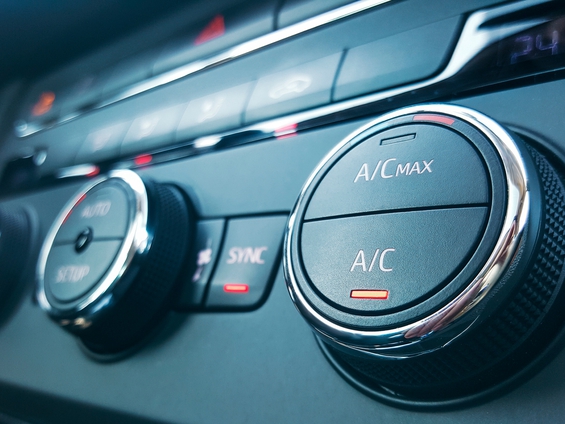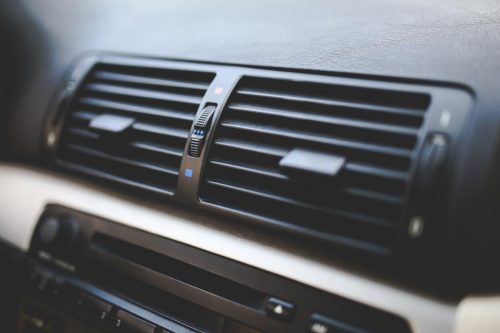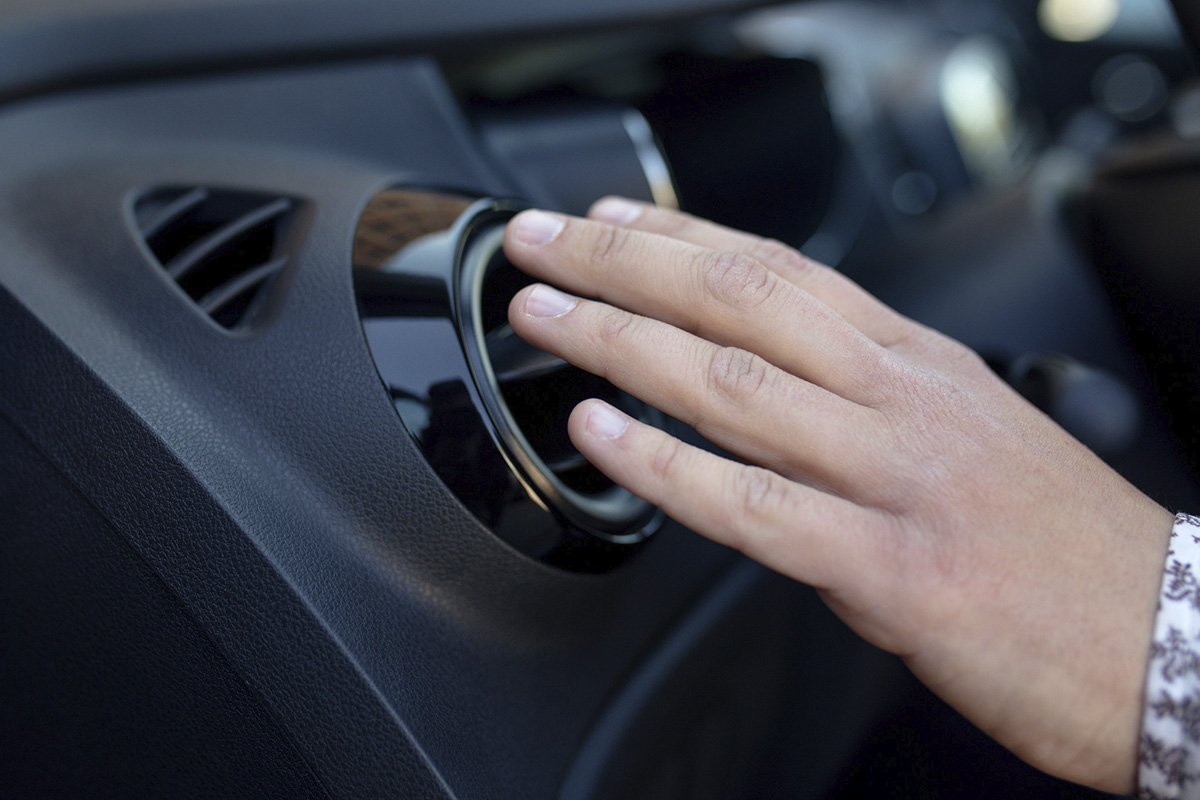Vehicle Air Conditioners

What is a vehicle air conditioner?
Technical Maintenance and Competencies
Air Conditioning Usage
Vehicle Air Conditioners: Do’s and Don’ts
What does car air conditioner work with?
How to operate the vehicle air conditioner?
Vehicle air conditioners are systems that help us cool down in summer and protect us from the effects of heat. Today, air conditioning is used as a standard in every package and model of the cars produced. In addition, the auto air conditioning system is the same as the system in refrigerators.
Technical Maintenance and Competencies
It is important that the gas of the air conditioner is full or at a sufficient level.
Correct gas usage is essential in vehicle air conditioning. Otherwise, serious repair costs may occur as well as poor quality air flow. There is a difference in air conditioning gas between old vehicles and new models.
If the air conditioner runs and stops frequently, its gas may be low, and if it does not work at all, it may be out of gas.
In winter, the air conditioner should operate from time to time. 10 minutes a week is enough. This ensures that the air conditioner seals do not dry out and remain oily.
The air conditioning system must be maintained. Further, a hole in the hose, a gap in the panel that will allow water to pass may damage the system.
At seasonal transitions, people should clean condenser cores. Moreover, spring mud, winter winds, precipitation residues may have clogged the combs.
Air Conditioning Usage

Especially in the summer months, the inside of the parked vehicle gets extremely hot. Your parked car, exposed to the sun, almost burns. This combustion can cause both the indoor air to overheat and the plastic materials to release harmful gases.
After the parked vehicle is opened, the windows should be opened, and the interior and exterior temperatures should be waited for a while to balance.
Congested polluted gases in the ventilated vehicle by opening the windows come out and and they prevent breathing polluted.
The air conditioner can start on a low level “fan” feature, which can allow the air inside to circulate faster through the window.
If it is not too cold and at high levels or balanced according to the outside air, the trip can start with cooling at slightly colder degrees.
There is no difference between operating the air conditioner in neutral or forward gear.
Vehicle Air Conditioners: Dos and Don’ts
People should turn off the air conditioner a little before the end of the trip. This not only saves a little, but also keeps the air conditioner fresh and dry by evaporation. It both extends the life of the air conditioner and keeps the air inside the vehicle clean.
Cigarette consumption damages the air conditioner. It also damages the air blown by the air conditioner.
Also, prolonged operation of the air conditioner in “in-vehicle recycle” mode may result in repeated exposure to polluted air.
In vehicles with separate driver-passenger and rear-passenger air conditioners, people should prefer only one-way blowing if there are no passengers in the rear seats.
Moreover, the driver of the car should turn off the air conditioner during long breaks when the vehicle and engine are resting.
In addition, in the momentary breaks where the driver descends for a short time, and if the driver didn’t turn off the engine, the air conditioner can continue to work at a low temperature.

What does car air conditioner work with?
The car air conditioner works with refrigerant.
How to operate the vehicle air conditioner?
For vehicle air conditioning to work, the fan system must be working properly. This requires regular maintenance.


